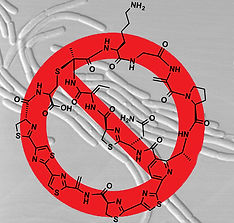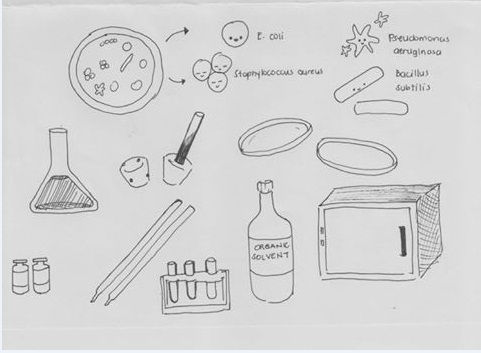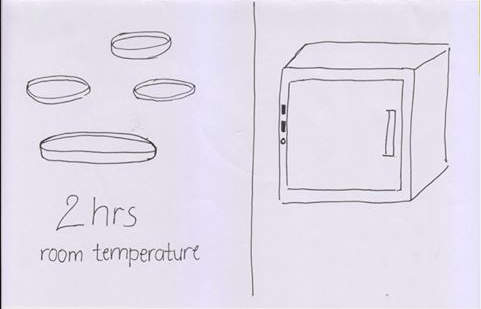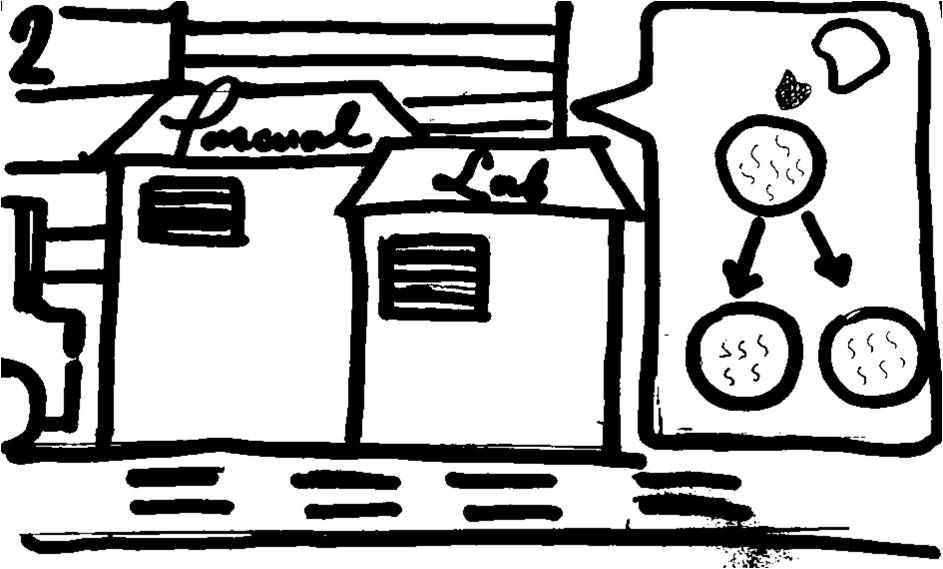
The Official Webpage of BSCT 2015
Bioassay Techniques
by: Beverly Bayo and Mark Erick Zoleta
 |  |  |
|---|---|---|
 |  |
Anti-helminthic activity assay is used to test drugs that have a potential anti-helminthic properties. There are two ways how the assay is performed. .(1)Worms are collected from an infested animal and is used in the bioassay process. (2) The infected animal is treated by the drug and the data is gathered.
Method that uses microorganisms to determine antimicrobial potency of substance contained in medicine.
a method of determining the concentration, activity, or effect of a change to substance by testing its effect on a living organism and comparing this with the activity of an agreed standard.
Bioactive compounds are often toxic to shrimp and therefore can be used as a rapid and simple preliminary monitor for bioactive compounds during the isolation of natural products. Shrimp larvae is a tool to monitor the cytotoxicity of samples under study.
Method that uses microorganisms to determine antifungal activity of substances.
Measuring a substances that are capable of arresting the process of cell
division
TASK:
Watch this videos and make a reflection about the videos. Your reflection must contain minimum of 300 words.

Innovative technique may transform hunt for new antibiotics, cancer therapies

Antibiotic resistance is depleting our arsenal against deadly diseases and infections, such as tuberculosis and Staph infections, but recent research shows promise to speed up the drug discovery process.
In a study reported in ACS Chemical Biology, University of Illinois researchers developed a new technique to quickly uncover novel, medically relevant products produced by bacteria.
Past techniques involved screening more than 10,000 samples to find a novel product, said principal investigator Doug Mitchell, assistant professor of chemistry and Institute for Genomic Biology (IGB) member. But by using this new technique, Mitchell's lab discovered a novel product after screening just a few dozen soil bacteria.
Soil bacteria, which naturally produce antibiotics to fend off competitors, are the most significant source of antibiotic and anticancer drugs. Indeed, over the past 30 years, natural products or simple derivatives thereof account for 50 and 75 percent of all FDA-approved anticancer and antibiotic drugs, respectively.
"Many companies have stopped working on natural product discovery because it is difficult and not as profitable as other therapeutic areas," said microbiology graduate student Courtney Cox, who pioneered the new technique. "As academics, this is exciting because we are better positioned to advance human health by finding new natural products where most companies are reluctant to pursue this line of research."
July 14, 2014
DAY 1
DAY 2
BRINE SHRIMP ASSAY
ANTIMICROBIAL ASSAY
ANTIHELMINTIC ASSAY
ANTIFUNGAL ASSAY




















Readings
VIDEOS
about FACILITATORS
BEVERLY BAYO
MARK ERICK ZOLETA

